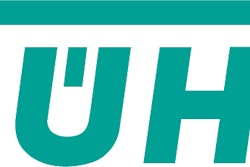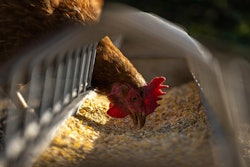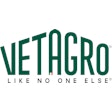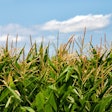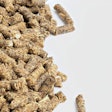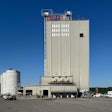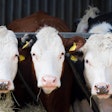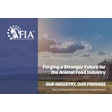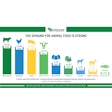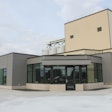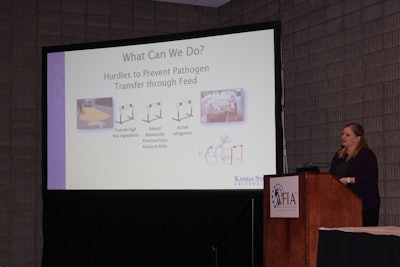
The American Feed Industry Association (AFIA) debuted a new educational program focusing on foreign animal disease this week in conjunction with the International Production & Processing Expo (IPPE) in Atlanta, Ga. The event, “Biosecurity in the Face of Foreign Animal Disease – What the Feed Industry Needs to Know,” discussed how to prevent the introduction of foreign animal diseases into your facility, what to do if a disease outbreak comes to the U.S. and much more.
“After today, I think all attendees may feel a little better about how to prepare themselves for a foreign animal disease outbreak,” said Paul Davis, Ph.D., AFIA’s director of quality, animal food safety and education. “With African swine fever continuing to make headlines across the globe, it’s important for the protein sector to work together to practice good biosecurity.”
The program included four experts who discussed biosecurity in varying species, including: the design and implementation for poultry operations, swine feed mill biosecurity for prevention of domestic and foreign animal diseases, and beef cattle biosecurity practices and prospects.
Cassie Jones, Ph.D., an associate professor at Kansas State University, compared biosecurity to hurdles. She explained that the industry can put up hurdles to prevent pathogen transfer through feed through excluding high risk ingredients, extending biosecurity practices from farms to mills and practicing active mitigation.
“We know that we have risk,” said Jones. “The goal for feed security is to create hurdles to make it harder for the disease to spread.”
IPPE is a collaboration of three shows – the International Feed Expo, International Meat Expo and International Poultry Expo – representing the entire chain of protein production and processing. The annual event is sponsored by AFIA, the North American Meat Institute and the U.S. Poultry & Egg Association.


